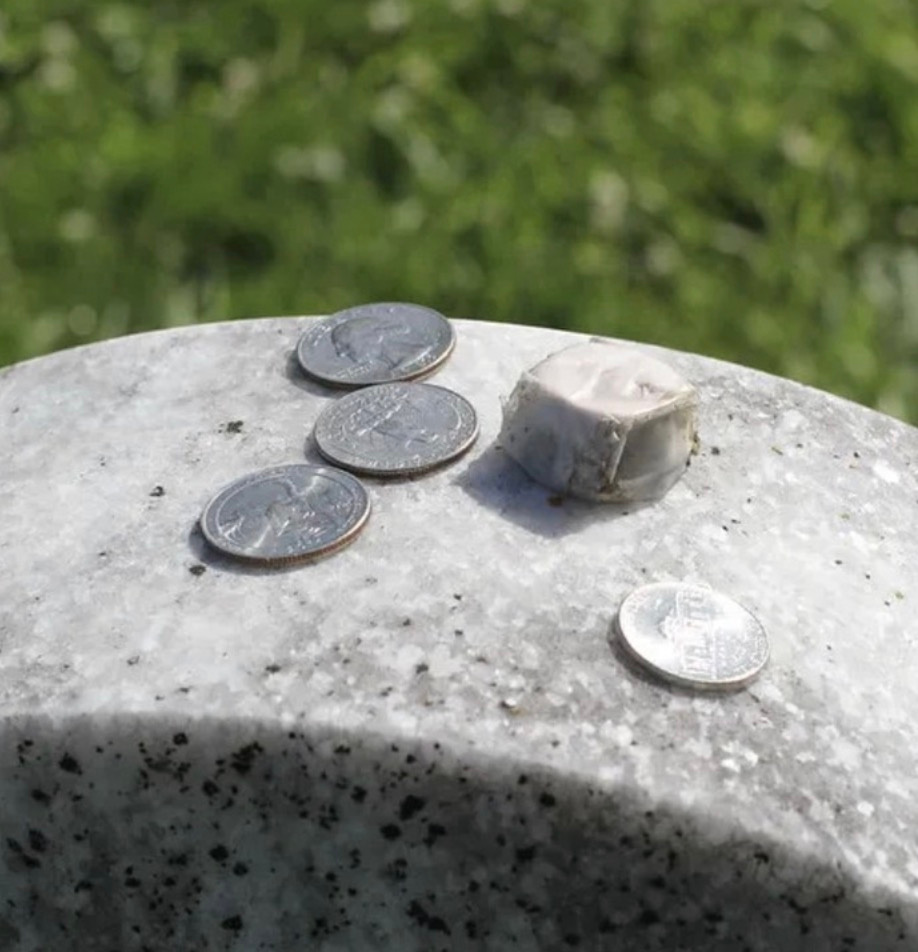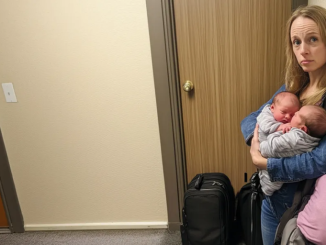What happened to Ann Curry?
The veteran journalist, who celebrates her 67th birthday on November 19, has remained relatively quiet since she was forced out of her job at Today in 2012 and later, NBC News in 2015.
Despite her name no longer appearing in the headlines, Curry continues to work in the field of journalism.
Curry, the eldest of five, was born in Guam to Hiroe Nagase and Robert Paul “Bob” Curry. As a child she spent several years living in Japan before her family moved to Oregon where she attended high school and would later attend and graduate from college.
She began her broadcasting career in 1978 as an intern at KTVL, then an NBC affiliate in Oregon. After succeeding as an intern she was promoted to become the station’s first female news reporter.
Two years into her career she moved to KGW in Portland where she worked as both an anchor and reporter. She later moved to Los Angeles where she worked as a reporter for a CBS affiliate for six years.
During that time she won two Emmy Awards for her work.
Career at NBC News
In 1990, Curry began her career at NBC News.
She began as an NBC News Chicago correspondent before securing a job as an anchor on the now defunct show, NBC News at Sunrise. During her five-year stint as an anchor on the morning show, she also filled in for Today‘s Matt Lauer.
In 1997 she was promoted to news anchor on Today and held the position from 1997 to 2011.
In addition to reading the news on Today, Curry was named co-anchor of Dateline NBC in 2005, and she was the main substitute on NBC Nightly News from 2005 to 2011.

Regardless of her accolades or coverage of hard news stories, in June 2012, Curry found herself out of a job.
Her departure was emotional and public, and it was never very clear the reason behind her leaving Today.
While she no longer sat next to Matt Lauer, she remained with NBC News, but only until January 2015.
Life after NBC News
Following her 25-year career with NBC News, Curry slowed down, but made no less of an impact with her reporting.
She founded a multi-platform media company, reported and produced the PBS series We’ll Meet Again, gave a TED Talk about restoring trust in journalism, and hosted TNT’s Chasing the Cure.

In 2022, Curry received the Murrow Lifetime Achievement Award from Washington State University’s Edward R. Murrow College of Communication. The university recognized her work “on human suffering in war zones and natural disasters through her work as an American journalist, photojournalist, and reporter.”
Most recently, Curry sat down with Min Jin Lee, author of “Pachinko,” for PBS Arts Talk.
And while Curry has kept posting to a bare minimum on social media, after a year and a half absence, she returned to share a wintry photo.
“Good morning world. Keep safe and cozy. ‘The woods are lovely, dark and deep…’” she wrote before disappearing again.
Why do some people place coins on gravestones?

Coping with the loss of a loved one is a challenging journey, even when they rest in a visitable site. Many individuals express their deep connection by leaving intricate offerings like flower arrangements, and in certain cultures, even snacks. However, the tradition of placing coins on gravestones holds a distinctive significance, primarily associated with military personnel, carrying a profound meaning for veterans and their families.
The origins of the practice are somewhat unclear, with claims suggesting a historical connection to the Roman Empire, though lacking concrete documentation, according to Snopes. Regardless of its historical roots, one undeniable truth remains, those who serve in the armed forces, along with their loved ones, endure sacrifices that often surpass common understanding.
The custom of leaving coins on gravestones can be traced back to the Vietnam War era, where it served as a practical means of communication amidst the divisive political climate surrounding the war. Leaving a coin became a subtle yet meaningful gesture, avoiding potential contentious discussions with the soldier’s family about the politics of the war. This revelation is shared on the American Legion Website.
Beyond its practical origins, the tradition of leaving coins on gravestones has evolved into a symbolic act of showing respect and honoring fallen comrades. Each coin type carries a distinct meaning in this poignant practice. A penny symbolizes a simple visit, a nickel holds sentimental value as it signifies shared experiences in boot camp, a dime represents serving together, even briefly, before a transfer, and a quarter, perhaps the most significant, indicates that the individual was present during the time of death, offering solace to the grieving family.
This tradition of military personnel leaving coins is not the sole connection between the military and monetary symbols. Challenge coins, a beloved military tradition, have deep roots dating back to World War I, symbolizing unity among those who have served. While challenge coins hold sentimental value and represent unity, they lack any monetary worth.
Coins, as symbols, extend beyond military traditions, playing roles in various cultural practices. Coins are often seen as symbols of good luck, goodwill towards newlyweds, and objects for making wishes. Throughout history, there have been instances of individuals being buried with their wealth, although not necessarily in the form of coins. Abraham Lincoln, for instance, was reported to be buried with two-half dollars over his eyes.
While the specific symbolism of currency may remain unclear in the tradition of placing coins on gravestones, the practice signifies a bond that transcends superficial understanding. It serves as a powerful and enduring tribute, acknowledging the sacrifices made by those in the service and their families, ensuring their dedication is never overlooked or forgotten.



Leave a Reply